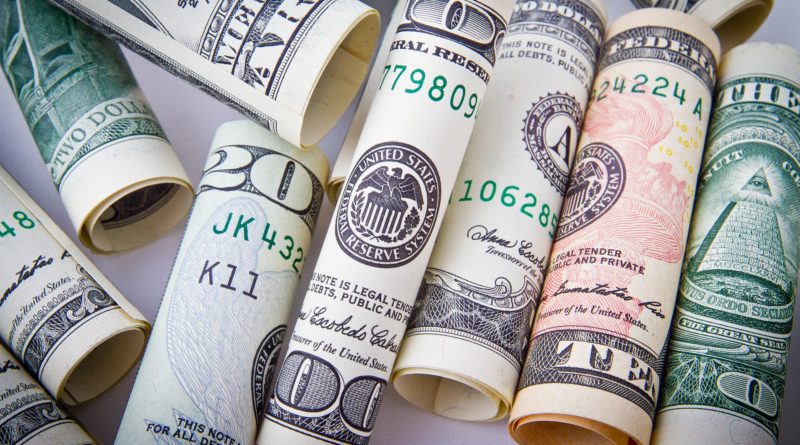Emergency Fund: The Basics
Have you ever had an unexpected repair or medical cost?
If so, you were either glad you had an emergency fund setup or experienced financial devastation.
When it comes to any financial situation, pre-planning is essential. If you don’t have a plan in place, you have left yourself vulnerable to financial ruin.
What is an Emergency Fund?
An emergency fund is money set aside to help alleviate the expenses of life’s unexpected events. Should you have a sudden wreck or even lose your job, this money will help you endure the situation.
You could think of an emergency fund like an insurance policy. The only difference is you’re not paying premiums to an insurance company. You are setting aside money that can be used in the future if necessary.
Although we would like to think that bad things won’t ever happen to us, that is just unrealistic. Bad things happen, and it is important that when they do, you have your emergency fund in place.
How Much Money Should You Set Aide?
Most financial experts recommend that you have at least three months’ salary set aside. This will give you plenty of time to find other employment if you were to lose your job.
And as a general rule it is suggested that you stash away at least 10% of every paycheck. This should establish an emergency fund of decent size over time.
Saving Money vs. Paying Off Debts
Before you begin to establish an emergency fund, it is essential that you pay off any high-interest debts beforehand.
You should still set what money you can aside while paying off any debts. Although you may not be able to put away a significant amount of money, you will still be developing good money habits, as well as creating a little bit of cushion to help alleviate the pressure of any unexpected expenses.
Even if you need to pay off debts, you should still calculate how much money you can afford to contribute to your emergency fund on a monthly basis.
As your debt shrinks over time, the amount you contribute to your emergency fund should continue to grow.
Where to Save Your Money
Emergency funds should be placed in a low-risk account that can easily be accessed in a time of need. A checking or savings account are two great options.
Most importantly, keep your emergency fund money out of the stock market. Stocks can be extremely unpredictable.
Execute Your Plan
Once you decide on how much money to set aside, as well as where to keep it, you need to implement your plan. Like most goals, properly executing a plan is the surest way to be successful.
Consider opening an account that cannot be accessed with your debit card. An eSavings account is an excellent option.
Automate the transfers so that you don’t even see the money before it is transferred to your emergency fund. You can’t miss what wasn’t there. If you don’t see it, you will have less urge to spend it.
Use Your Emergency Fund Only for Emergencies
This part of the guide should be obvious, but once you establish your emergency fund, refrain from using it unless you are really in an emergency.
Your dream vacation or a 4K TV do not constitute as emergencies.
Unexpected events are just that, unexpected. Don’t ever think you are immune to life’s uncertainties.
Only use your emergency fund for actual emergencies.
These could include:
- living expenses during periods of unemployment
- medical emergencies or expensive procedures
- paying for repairs to your home that occur due to natural disaster or fire
- emergency veterinarian bills
- unforeseen vehicle repairs or accidents
- tax bills that were unexpected
You should never empty your emergency fund account. If you do, you may find yourself in a compromising position when an unexpected expense appears.
Bottom Line
Although it can seem rather pointless to save money every month, I can assure you; you won’t regret it once a rainy day comes.
Keeping the overall impact to your financial well-being to a minimal when unexpected things happen is the most important aspect to consider when creating an emergency fund.
The only person you can expect to get yourself out of trouble is you.
Having a plan in place to help you offset those expenses is essential to healthy and financially successful life!



